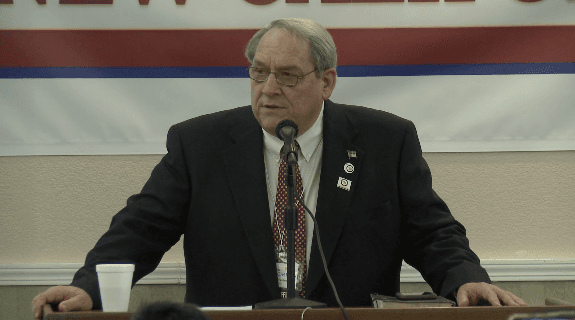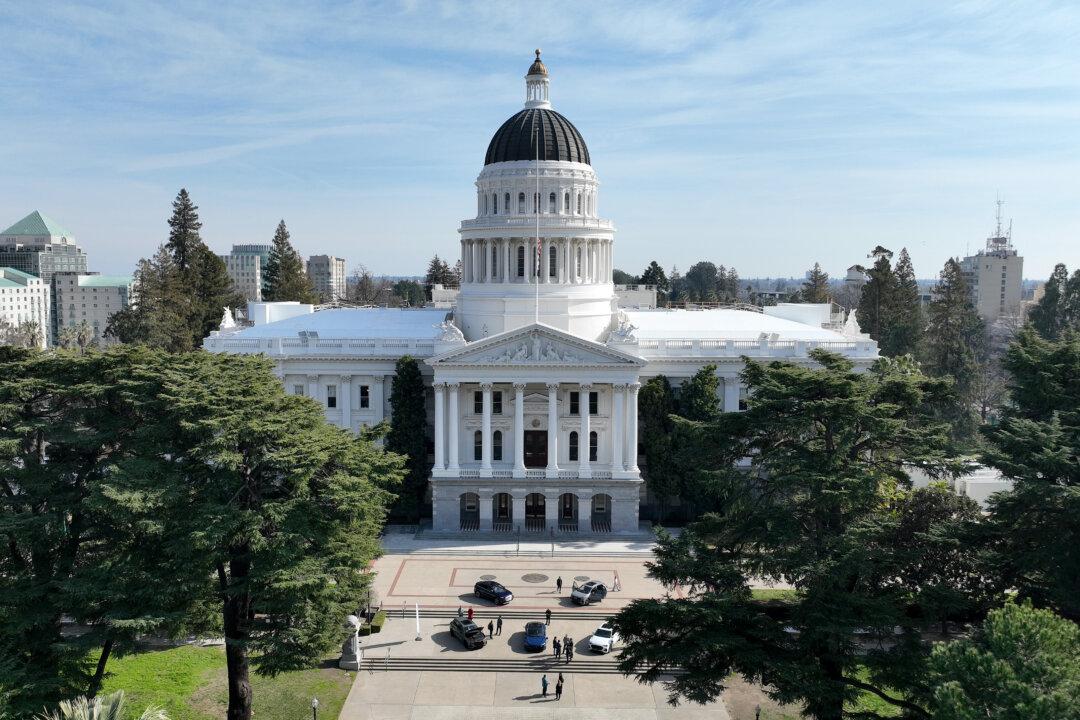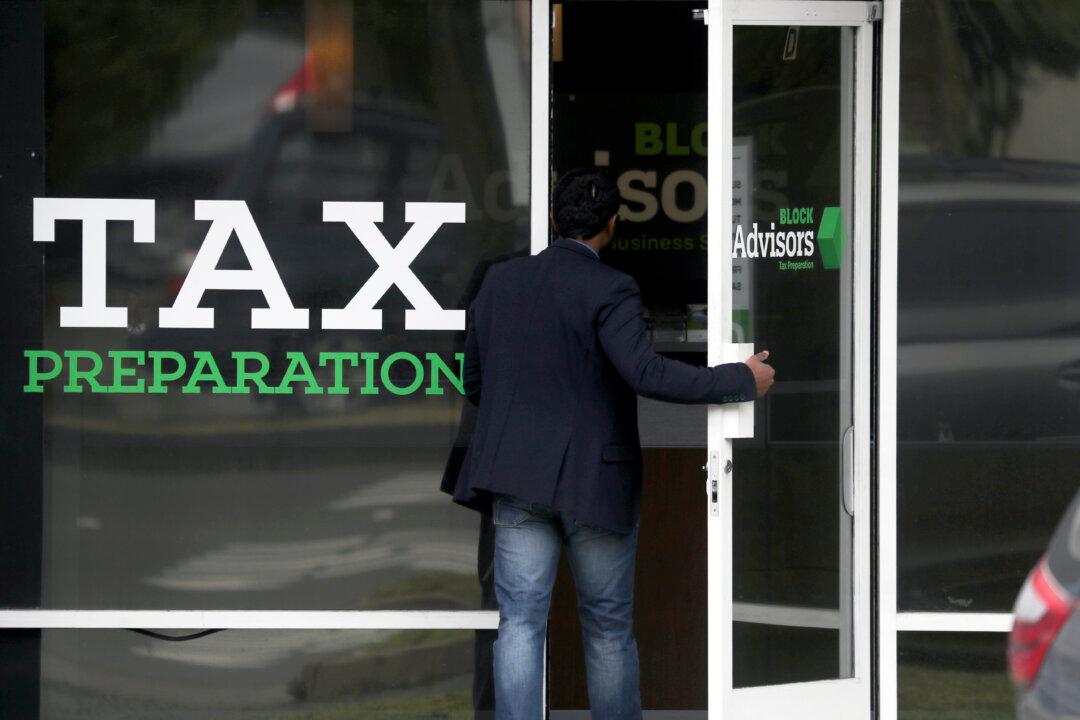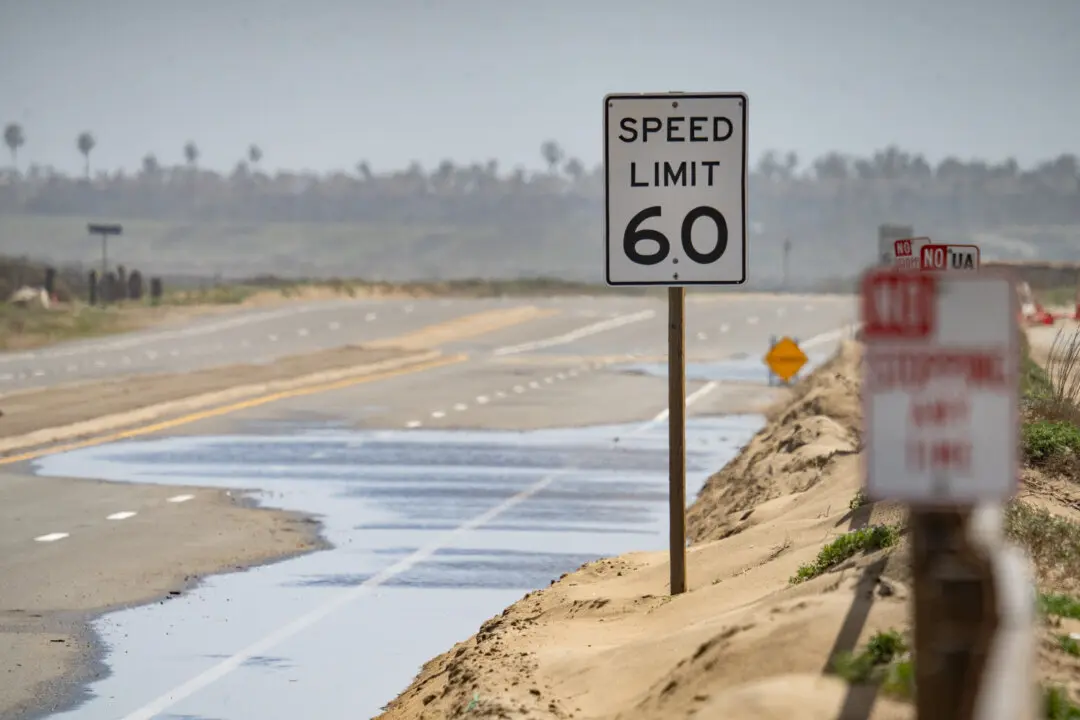FRESNO, Calif.—The New California State movement held its 4th Constitutional Convention on May 17, 2019, to discuss the idea of a “new California.”
New California is a statewide grassroots movement that aims to break away most of California’s rural areas from the current California in order to claim independence and form a new state.





